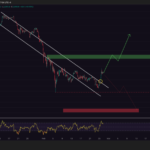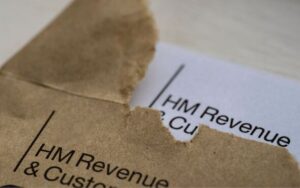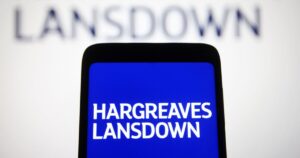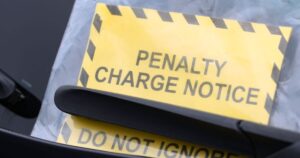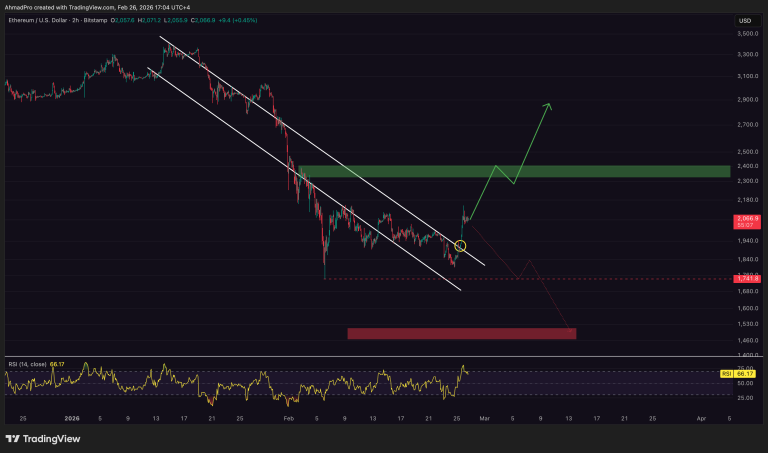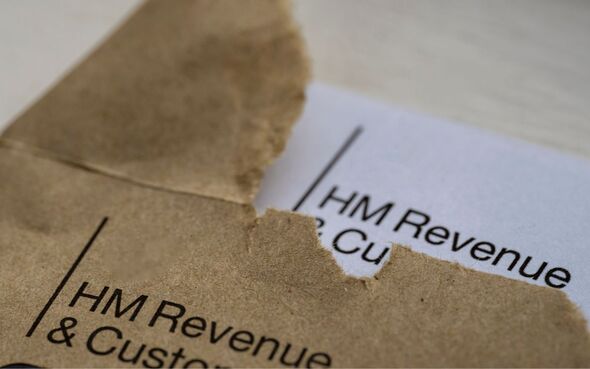
Millions of pensioners are set to receive a significant income boost under the Government’s Triple Lock pledge, but this increase comes with a headache for Rachel Reeves. The latest forecasts suggest the State Pension could rise by over £1,100 annually by April 2026, pushing payments to £12,631 a year.
However, this increase would mean hundreds of thousands of people reliant on the State Pension will be dragged into the income tax system for the first time due to the fact that the thresholds at which people start paying tax have been frozen since 2021.
A record pension boost
The new State Pension is already confirmed to increase by £474 this April taking it up to £11,973 . With soaring wages and inflation, experts are now predicting another rise of 5.5% in April 2026, adding a further £658 to annual payments.
This would mean the full new State Pension rises to £12,631 a year, which would surpass the £12,570 personal allowance. The increases are driven by the Triple Lock mechanism introduced in 2010, which ensures the State Pension rises annually by the highest of:
* Consumer Prices Index (CPI) inflation from the previous September
* Average wage growth (May to July of the previous year)
* 2.5% minimum increase
The rising tax burden on pensioners
Due to tax thresholds remaining frozen, pensioners relying solely on the State Pension may soon face an income tax bill. Analysis from Deutsche Bank suggests that by April 2026, pensioners could see their payments exceed the tax-free personal allowance, forcing them to pay income tax for the first time.
Sanjay Raja, Deutsche Bank’s chief UK economist, told the i paper: “Our projections show average weekly earnings growing by 5.5% year on year, meaning State Pensions will rise accordingly. With the tax threshold frozen, more pensioners will find themselves liable for income tax.”
Sir Steve Webb, former Pensions Minister, also warned: “A significant increase in the State Pension next April could easily take the standard rate over the income tax threshold, meaning even pensioners with no other income will have to start paying tax.”
Triple Lock sustainability in question
The ongoing rise in the State Pension raises concerns about the long-term affordability of the Triple Lock policy. The cost of the big increase to the government is estimated to be £1.3 billion, with experts debating whether the system is sustainable.
Ed Monk, Associate Director at Fidelity International, stated: “The cost of a rising State Pension must be met by taxpayers. With an ageing population, this burden will only grow.”
While some forecasts suggest the cost may stabilise, uncertainty remains. Monk urged pensioners to take personal responsibility for their financial future, advising: “It’s crucial to maximise retirement savings and make use of any financial support available.”
Government’s position unclear
Despite mounting concerns, the government remains committed to the Triple Lock. A Treasury spokesperson stated: “The State Pension is the foundation for ensuring pensioners live with dignity and respect.”
Economists continue to warn that rising wages could further strain the system. Dr. Dimitrios Syrrakos, Senior Lecturer at Keele University, commented: “With wage growth nearing 6%, the cost of State Pensions will rise significantly, placing further pressure on government finances.”
Meanwhile, former Pensions Minister Ros Altmann cautioned against assuming these forecasts are set in stone: “Economic trends fluctuate. With recent job layoffs and tax changes, we could see earnings growth slow, altering the expected rise.”

